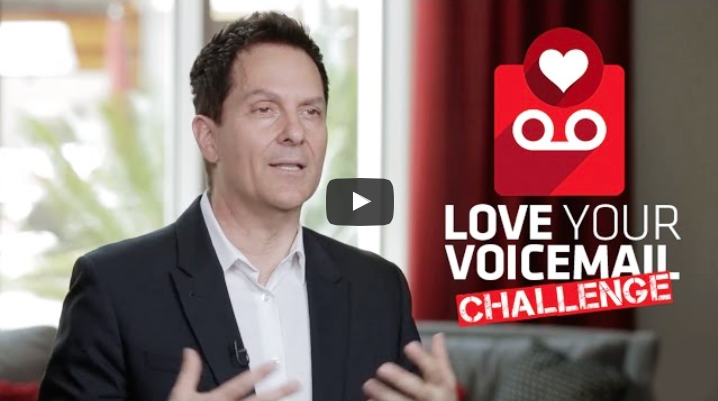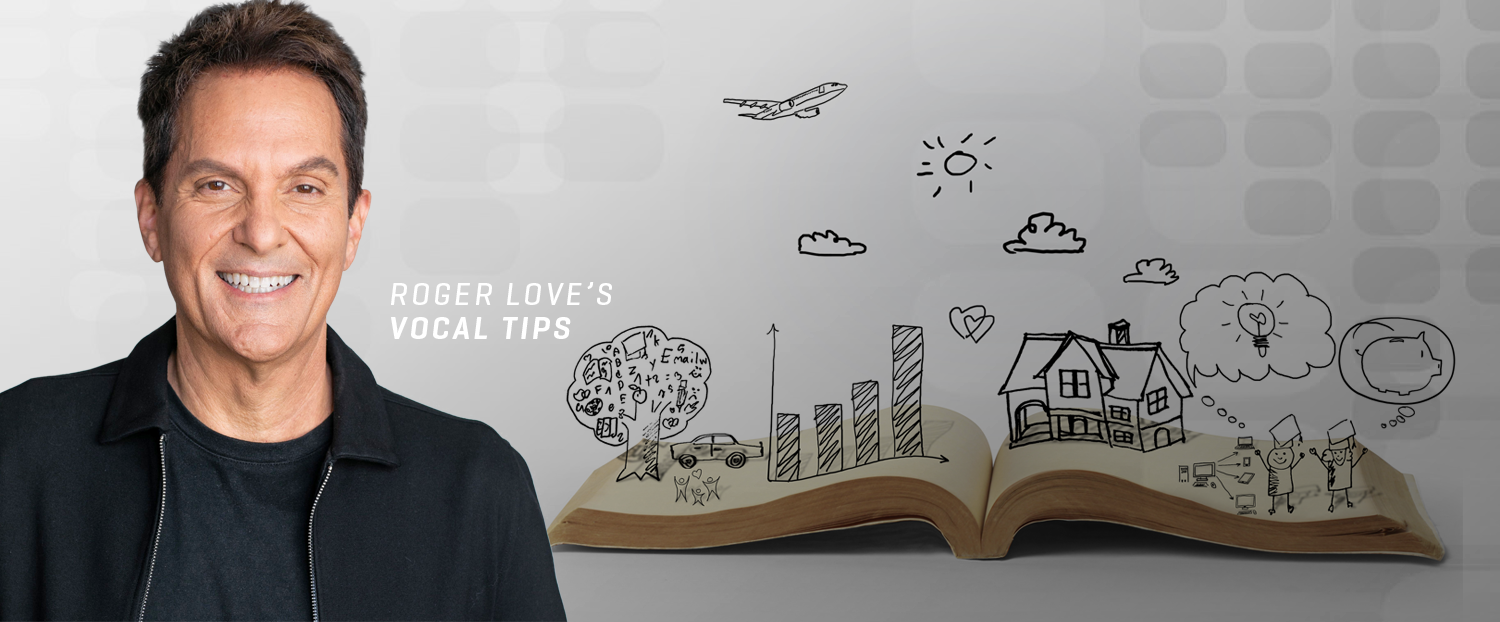Summary
Could your voice be the reason you’re not further ahead in your career by now?
The fact is, most people’s voices don’t SOUND like the job title they have.
However the most successful people I know have all managed to align who they are as a professional with how they sound when they speak. They enjoy a seamless synergy between how they want to be perceived–all their good intentions and credibility–with the way people actually perceive them, every time they speak.
The fact is, no matter your career choice, this rule applies:
Good intentions don’t always create good communications!
Here are 3 small adjustments that can make a big difference in the way clients perceive you and how they feel when you speak to them. (Watch the video lesson for more details and tips you can start applying, tonight!)
1. Add ascending melodies to uplift your listeners
2. Align your pace with your desired energy level
3. Tune your volume to showcase the right level of strength
Did you like this episode?
Please spread the “Love” by sharing this with your friends. Remember, I’m working to save the world one voice at a time, starting with yours. You’re my family now, and we need to work together to extend our mission and reach. The more you share, the more I can share with you, and we can actually help people globally find their voices and change their lives for the better.
Ready for your best life? Find your speaking solutions here.
[apss_share]
Play the Audio of this post:
TRANSCRIPT
Hi, I’m Roger Love, celebrity voice coach and author of the bestselling book Set Your Voice Free. You’ve spent a lifetime building to the career that you now have. You wanted to be a doctor. You’ve got it. You decided to be a lawyer. You’re there. Nanny, therapist, whatever your choices were, whatever the situation that you went through to get there, you have a career right now. But let me ask you something. Is your voice holding you back from being successful in the career that you have chosen, or that you have found yourself in? Because I believe there’s a dichotomy, a big difference, between the position that people have in life, the character they play, the role they play, the occupation that they occupy, and what they sound like. And it is only those people that manage to take what they are with who they are inside, and then showcase that to the people that they are presenting themselves to, that become the most successful.
For example, let’s say you’re a doctor, and you wanted to be a doctor for all the right reasons. You want to help people. You have a big heart. You hate seeing people in pain. You want to heal the sick. You didn’t come to be a doctor because you wanted to be a type of doctor that could charge the most for specific types of surgeries that were very highly expensive, and that your job was to buy more houses and more houses and more houses. Your job of being a doctor came from the heart. You decided you wanted to help people.
So, then, you walk into the office, and there is a patient, and your patient is ready to experience you, the doctor who cares more than all the other doctors, the doctor with the big heart, the doctor that hates seeing people in pain, the doctor who is committed to changing the world, one healthy body at a time. And you open up your mouth, and the sounds that come out of you make that person feel that you are selfish or angry or shy or separatist, or in some way, they can’t assess, by the sounds that are coming out of your mouth, that you really care about them, when we know that you do. So, how successful are you going to be with that patient and all of the other patients if you’re not good at showcasing who you really are as that kind of a doctor?
Let’s say you’re a lawyer, and you have learned everything you need to be a lawyer, and it is your day, and you have prepped, and you’re a trial lawyer, and you are going to now give opening statements. And there is the jury and the judge, and you are a lawyer who has been doing pro bono work your whole career. You love people. You don’t even like charging them. You want to change their lives. You are fighting for the people who have no advocate. You’re that kind of a lawyer, and you step into the room. You step into the courtroom, and you have your opening remarks, but you sound kind of like a jerk. You sound like you don’t care. You sound kind of selfish. You sound kind of weak. You sound like you don’t have all the answers. You sound like you don’t care that much. How effective are you going to be at that moment, during those opening statements? Not very. You’re not going to be great lawyer, you’re not going to be a great doctor, unless you can convince people and present yourself, showcasing the best of who you are, why you chose to be in the occupation you’re in.
And I’m telling you that voice is the number one way to make that happen. You’ve had the lifetime of learning, but you haven’t thought enough about, “What should my voice sound like to have the people who hear me perceive me and my core beliefs and my desires and my wants and my dislikes in the most authentic way?” You haven’t thought about your melody. You are a doctor who believes that there is a cure for everything, and there is a way to make everyone feel better, so instead of speaking with sounds that make people feel happy and hopeful, you use descending melodies. You’re like, “Well, I understand about this.” All of your melodies go down, so “I understand about the rash, and most probably I can cure it, and here’s what you’re going to have to do,” so these descending melodies, words that start higher, and then they go lower, scientifically have been proven that, when you go higher to lower in your speech, you’re actually making the people sad that are listening to you, and you sound sad. “It’s my birthday. Oh, I don’t need any presents. I know you don’t feel well. I really do care”—descending melodies.
You haven’t thought about it. What makes people happy? What makes people hopeful? Ascending melodies. “I know you have this rash. I happen to have this cream. Two days from now, it’s going to be amazing. This is where we’re going to go.” All of a sudden, I’m thinking, “Give me the cream. Put it all over wherever the rash is.” I’m thinking, “You’re hopeful. I’m hopeful,” all from a change in melody or volume or pace.
When you speak slow, and you’re a lawyer, and you’re speaking really slow as your opening statement, and unfortunately the judge and the jury have all fallen asleep, so it really doesn’t matter what words you say next, because they’re already napping. They’re thinking, “Why is that person speaking so slow? Yes, I know there are lots of technical difficulties, but why do you sound like a law review, instead of like someone who’s passionate about the law and reviewing it emotionally?”
So, the pace, the tone, the volumes of your voice—everything I talk about in building blocks, pitch, pace, tone, melody, and volume—it is more than time for you to start recording yourself, listening back to the way that you sound, thinking about your core values and how they relate to the kind of doctor you want to be, the kind of nanny you want to be. Is your voice so soft, as a nanny, that your charge’s parents don’t feel like you have the strength to be trusted with their infant for long periods of time? Is it because your voice is so soft that you just don’t give across any strength? They’re not perceiving you as being strong, because your voice is so weak, and they’re thinking in their minds, “If there’s a crisis, if the baby is choking, what are you going to do? Are you just going to whisper to the baby and hope that the baby feels better, or are you going to spring into action?”
It is time for you to start recording your voice, and then saying, “Wow, is that the voice of the person that I really am? Is that the voice of the career person that I wanted to be, who showcases why I picked this, why I’m passionate about what I truly believe?” And you’re going to get a lot of that by listening back. Are you the doctor you hoped you would hear if you were sitting in the office? Are you the lawyer you would want on your team? Are you the therapist that you would tell all of your deepest, darkest secrets to? And is that voice, that voice that you already don’t like on your answering machine, and probably wouldn’t pick—is that voice betraying you? Is that voice holding you back from really being the greatest asset and leader in the career that you have chosen for yourself? Record yourself. Listen. Start to think that you have the ability to change your pitch, change your pace, change your volume, and that will change your voice and your career.
Get 4 Free Voice Training Videos That Reveal How You Can Discover Your Perfect Voice
By submitting your email address, you agree to receive emails for this training and special offers. Unsubscribe, anytime.




